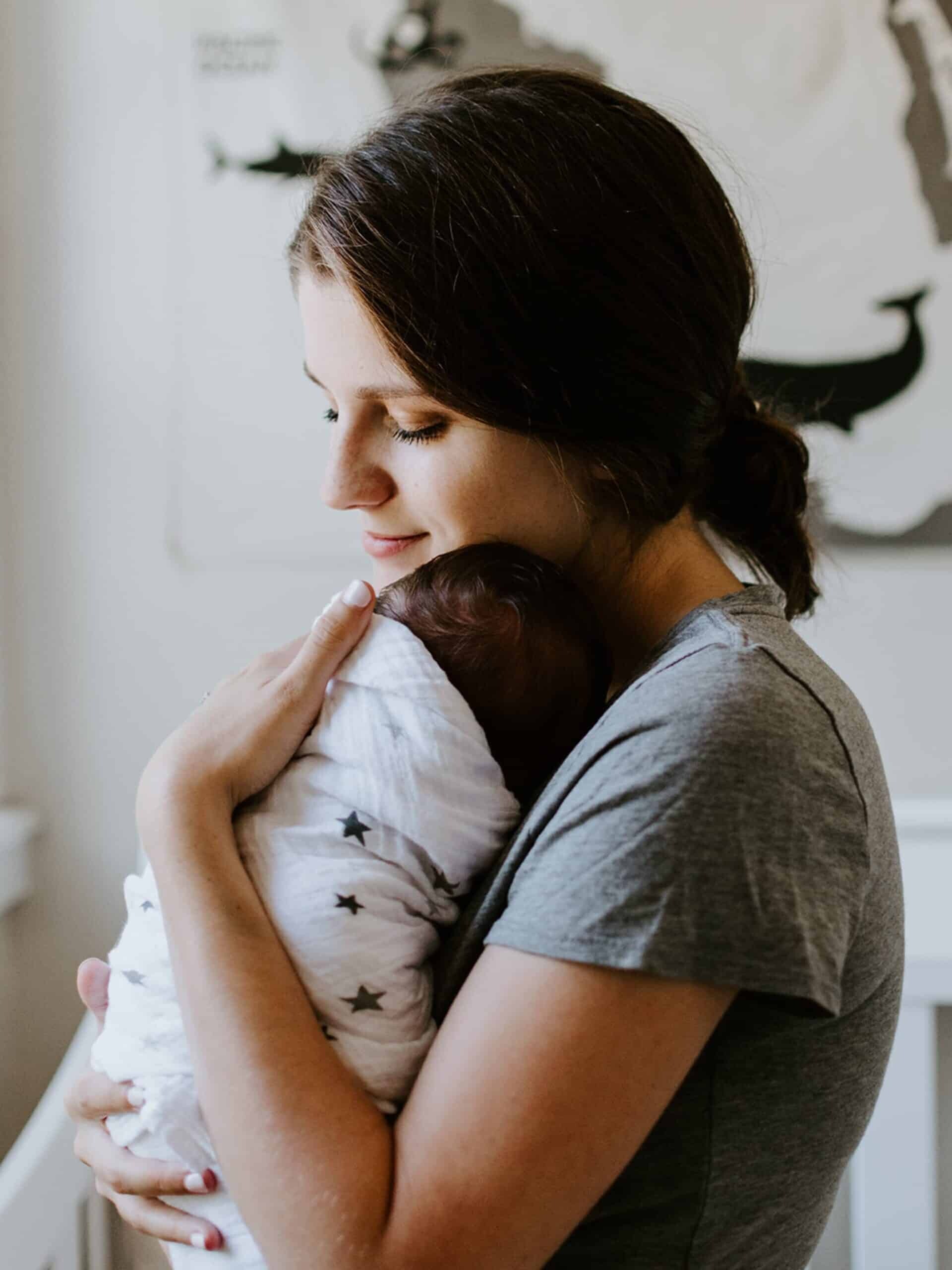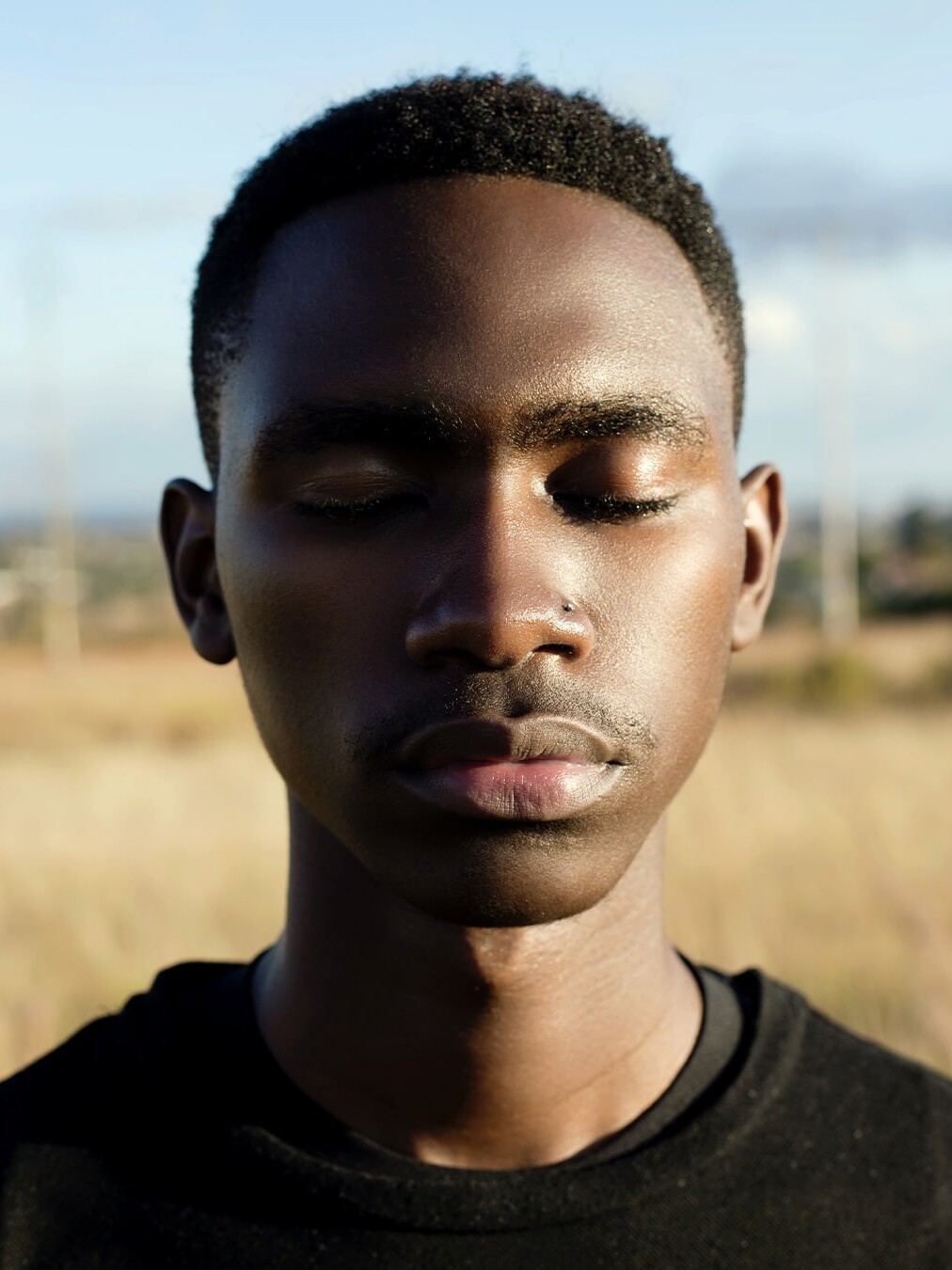I’m a concert junkie. I love the thrill of being a part of an audience, and the magic of hearing my favorite songs performed, in person, by the artist who recorded them. I often leave concerts feeling awestruck: in awe of the artist for their talent and energy, and in awe of God for creating that artist with that particular ability and perspective. I can’t believe I get to enjoy music, let alone the opportunity to experience it live– to share it with the person who created it; it’s simultaneously humbling and exhilarating.
I experience similar feelings of wonder (although not quite as potent) watching recorded or broadcasted performances when I can’t go see them in person. This year’s Grammy Awards featured performances from several of my favorite artists, and while I’ll likely never be invited to attend The Grammys, I got to watch Chris Stapleton perform “Higher Ground” with Stevie Wonder (in my opinion, the best performance of the night), and the lovely Kacey Musgraves sing a tribute to Loretta Lynn. But there was one performance that stole the show for me:
Lizzo sang a medley of two of her singles from her 2022 album Special. She started the performance silhouetted against a circle of light that created a glowing halo effect around her; her puffed sleeves looked like angels’ wings. She began belting an a capella version of one of her songs, captivating me with her flawless vocals, dramatic entrance, and magnetic energy. When the lights came up, I noticed she wore a large cross-shaped necklace as the focal point of her outfit. As she transitioned into the titular song in the medley–“Special”– she took a moment to address the crowd, shouting, “Alright, Grammys, y’all trying to have some church up in here?” A gospel choir sat around her feet as she began to sing.
If Lizzo’s energetic positivity, her sweet, genuine smile, and her impressive belting range weren’t enough to pull me into this performance, the religious symbolism kept me glued to the screen. I’ve often thought going to concerts felt like being at a worship service– the performer is elevated, the audience raises their hands and sings along, ecstatic to breathe the same air as the performer. With Lizzo’s announcement transitioning the Grammys to “church”, I couldn’t help but wonder, “What are we worshiping?”
According to a decades-long research project, the United States of America is the most individualistic country in the world (source: Geert Hofstede’s 6-D Model of National Culture). In other words, Americans have a tendency to worship themselves. Lizzo is especially known for her optimistic self-love anthems, and “Special” carries on that motif. This isn’t inherently bad; I appreciate her candor about her own struggles with self-worth, her desire to see the best in everyone, and her reminders that we’re all unique and worth being celebrated. I believe this reflects the heart of God toward his creation.
Yet, the blanket message of the song and performance–“In case nobody told you today, you’re special”–got me wondering. What it is about every human being that makes us special? Is there an objective external source that validates our “specialness”? What is truly worthy of worship? While it’s plain to see that we all have unique traits, gifts, and abilities, I wondered if there’s one thing about all of humankind that makes each individual intrinsically special at the most basic level.
Personally, I’ve often felt desperate to find external validation— to know that my life and my contributions to the world are worthwhile. I’ve wanted people to think I’m special because I’m smart, or because I’m a good writer, or because I’m a “good Christian.” I’ve wanted people to think my life is exciting because I like to go to concerts, or because I’ve backpacked long distances in Birkenstocks. I care about how I’m perceived by others, and whether I’ll be well-received by them, too. We all care about our images and the acceptance we achieve through them to varying degrees.
We seek to set ourselves apart by our careers and hobbies, the causes we support, the books we read, the music we listen to, the degrees we earn, our political affiliations, our religious beliefs… the list goes on, all in an effort to become “more” of ourselves. Strangely, the purpose of all this individualization is to be more likely accepted by others. We want to feel good about who we are, to feel like we belong, and our labels often signal to others what we desire for them to see or like about ourselves.
But the problem with these labels is that they’re often prone to change. Our hobbies and interests can change over time; if you’d told me I’d fall in love with hiking and backpacking five years ago, I would’ve laughed in your face and sat back down in my air-conditioned house to binge-watch another Netflix show. Further, what’s considered a “special,” “unique,” or “desirable” trait can change, too; good writers are a dime a dozen when you work at a publishing organization, and suddenly, that talent loses some of its luster. Even our values and beliefs can transition and grow: my understanding of God and the ways I express my faith have grown a lot in the past few years. I believe in it now more than ever, although it looks totally different from the faith I grew up with.
If the hobbies, practices, and values that we stake our identity in can change, or even be lost over time, then they can’t be what makes each of us intrinsically special. It certainly makes it difficult to make the case that as humans we’re worth worshipping when we aren’t consistent.
In Genesis 1, God creates the world. He creates the sky and the ground, the sun and the moon, plants, trees, and animals– he creates everything we see and know today as a part of the natural world. When he’s done, he looks around at his creation, and he sees that it’s good (Genesis 1:25). But then God creates humans, and he creates us in his image, both male and female. Humans are the last thing God creates. Again, he looks around at his creation, and this time, he calls it very good.
I believe this is the root of what makes each of us intrinsically, undeniably special: we’re God’s very good creation, and we’re created in his image. John 3:16 tells us that God loves us– all of us. The fact that God created each of us in his image is the great equalizer; it’s what makes each of us worth celebrating, no matter what else we call ourselves or how others perceive us. His intentionality with us is what makes every person worthy of dignity, love, and respect. Our personalities, interests, and talents are surely gifts from God, but they don’t determine our worth, because the same God made all of us, loves each of us, and created every human being to reflect him and his character in the world, whether we know it or not.
As Christians, this is also why we worship God alone. Our awareness of his love for us is heightened by our faith and our relationship with him. It’s the most secure relationship we’ll ever be in because he does not change; therefore, our identity and position with him never change, regardless of the things that might change in us (Psalm 55:19; Malachi 3:6; James 1:17). Entering God’s family is where we find full acceptance and belonging. In Christ, we can be sure that:
- We’re adopted and loved as his Children (Romans 8:14-17; Galatians 4:1-7).
- We’re made perfect and complete in Christ (Hebrews 10:14).
- We have a living hope in Christ (1 Peter 1:3).
Not only do we rejoice in this gift for ourselves, but we’re also charged to share this confidence, hope, and love with a world that is hurting, searching for a place to belong and be accepted. We were created in the image of God to reflect his character to the world, to point others back to him, and invite them into relationship with him. Jesus’s death and resurrection make this relationship with God possible, and we’re called to show love and share this gift with as many people as we can.
So, in case nobody told you today, I want to be the one to remind you, you’re special. You have innate self-worth, not only because of who God has created you to be, with all your gifts, interests, opinions, and abilities, but because God created you, period.
He loves you, and wants to know you, because you are the most special to him.
Maggie is an employee at Our Daily Bread Ministries, and is currently pursuing a degree in writing. She enjoys reading, hiking, going to the beach, and spending time with friends and family.







